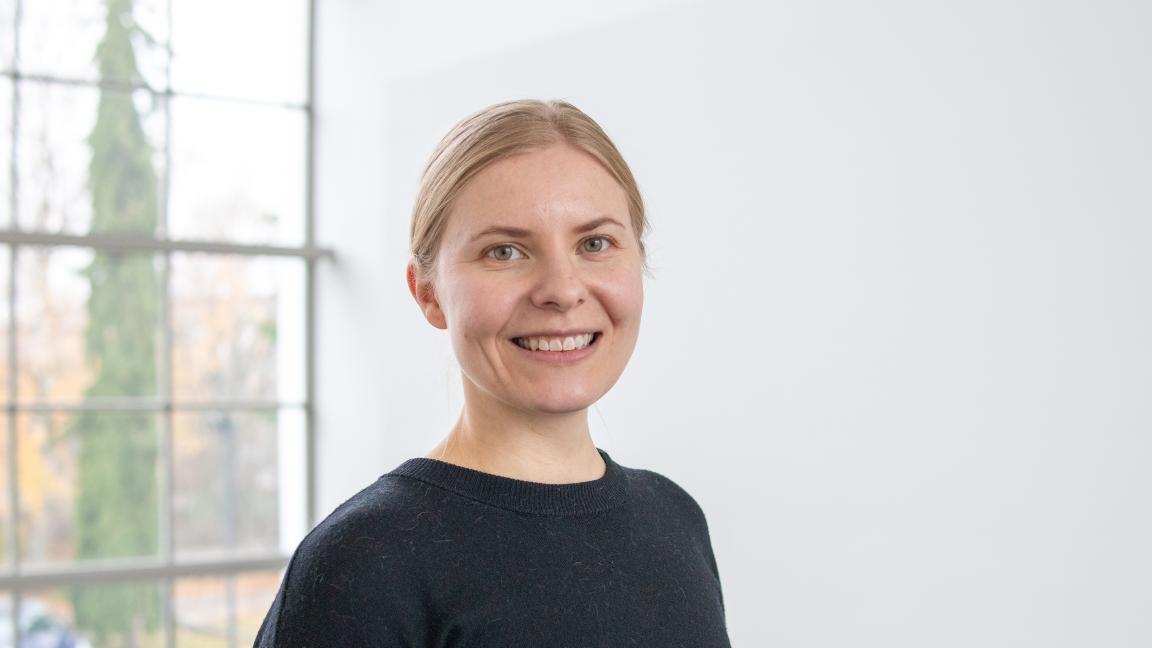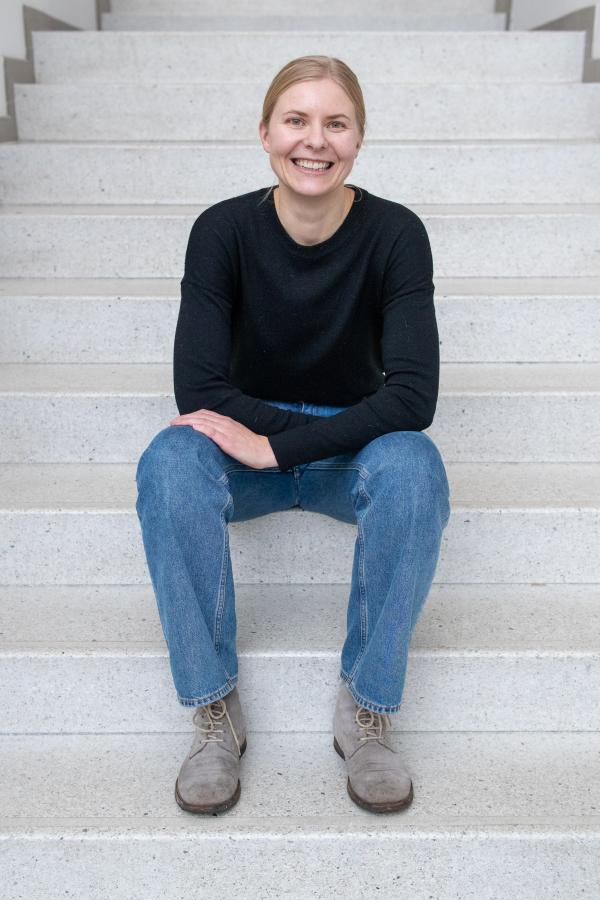Better co-produced services or superficial participation games? – Design can enhance co-production of public services
The need to reform public service systems has increased the need for innovative dialogue between academia, business, governance bodies and citizens. The co-production of public services has been proposed as a strategy to promote citizen participation and improve access to public services.
– Public services are increasingly developed in multidisciplinary networks that call for citizen participation, but previous research knows very little about how to design co-production to genuinely promote inclusion and equity. This research problem was an intriguing starting point for me due to my background as a designer, so I decided to write my dissertation on the subject from the perspective of a designer working in public services, says Sofi Perikangas, who will be defending her dissertation on Friday, 15 November 2024.
Her doctoral study provides a description of how the co-production of public services can be approached systematically through design. Limited resources, equity, and inclusion are themes that currently affect all service sectors and geographical areas, which is why a designer's way of thinking is important for both public administration professionals and citizens.
Perikangas' dissertation contributes to an understanding of a process-oriented approach to the study of co-production. The most significant theoretical contribution of her doctoral dissertation is in highlighting a new research direction in co-production studies, namely the design of co-production. This new approach is based on the observation that the co-production of public services is a complex phenomenon aimed at creating open systems.
Superficial participation does not benefit service users
Co-production is an ongoing dialogue between actors and systems, and co-design is a key element of this dialogue. This is why design work is also crucial before the actual co-production process starts – it enables inclusion of various actors within different levels of the public service ecosystem.
It is also important to critically examine co-production. Rising costs, potential weakening of democratic accountability, and superficial participation are risks that the co-production of services may face. In many cases, citizen participation has benefited policy makers more than service users, which is why more attention should be paid to inclusion and the commitment of actors.
– In a society affected by multiple crises, we need the ability to make swift yet thoughtful decisions while maintaining public trust. A designer's flexible and systemic way of thinking supports such processes, says Perikangas.
Design supports planning
Public services can be planned, designed, produced, and evaluated together, but the success of collaboration depends on the quality of design work and the thinking behind it. The research suggests applying meta-design to support the analysis and design of co-production. Meta-design is literally the design of design. It can enable the empowerment of participants in co-production, balance power dynamics, and ensure service reliability.
The dissertation presents a theoretical framework for the meta-design of co-production, emphasising the importance of inclusion at all levels of the public service ecosystem.
The results of the study highlight the need for a design-led approach to public services. This approach can help public administration professionals adapt to changing circumstances and better meet the needs of citizens.
– Public administrators should promote environments that support continuous development, function as networks, and break down hierarchies. This requires leaders to have the skills, courage, and motivation to challenge established practices, says Perikangas.
Public defence
The public examination of Master of Arts (Art and Design) Sofi Perikangas’s doctoral dissertation ”Towards systematic co-production: a meta-design approach” will be held on Friday 15 November 2024 at 12 at the University of Vaasa, auditorium Nissi.
The public defence can also be followed remotely (Zoom, password: 439970)
Professor Trui Steen (KU Leuven) will act as the opponent and senior researcher Sanna Tuurnas as the custos.
Doctoral dissertation
Perikangas, Sofi (2024) Towards systematic co-production: a meta-design approach. Acta Wasaensia 538. PhD dissertation. University of Vaasa.
Further information
Sofi Perikangas, tel. +358 50 494 7475, sofi.perikangas@uwasa.fi
Sofi Perikangas was born in 1988 in Turku, Finland. She holds a Bachelor’s degree in Arts (2015) and a Master’s degree in Arts (2018) from Aalto University. She currently works as a doctoral researcher at the University of Vaasa. Living in Hausjärvi, Perikangas has been an entrepreneur and strategic service designer since 2018.

